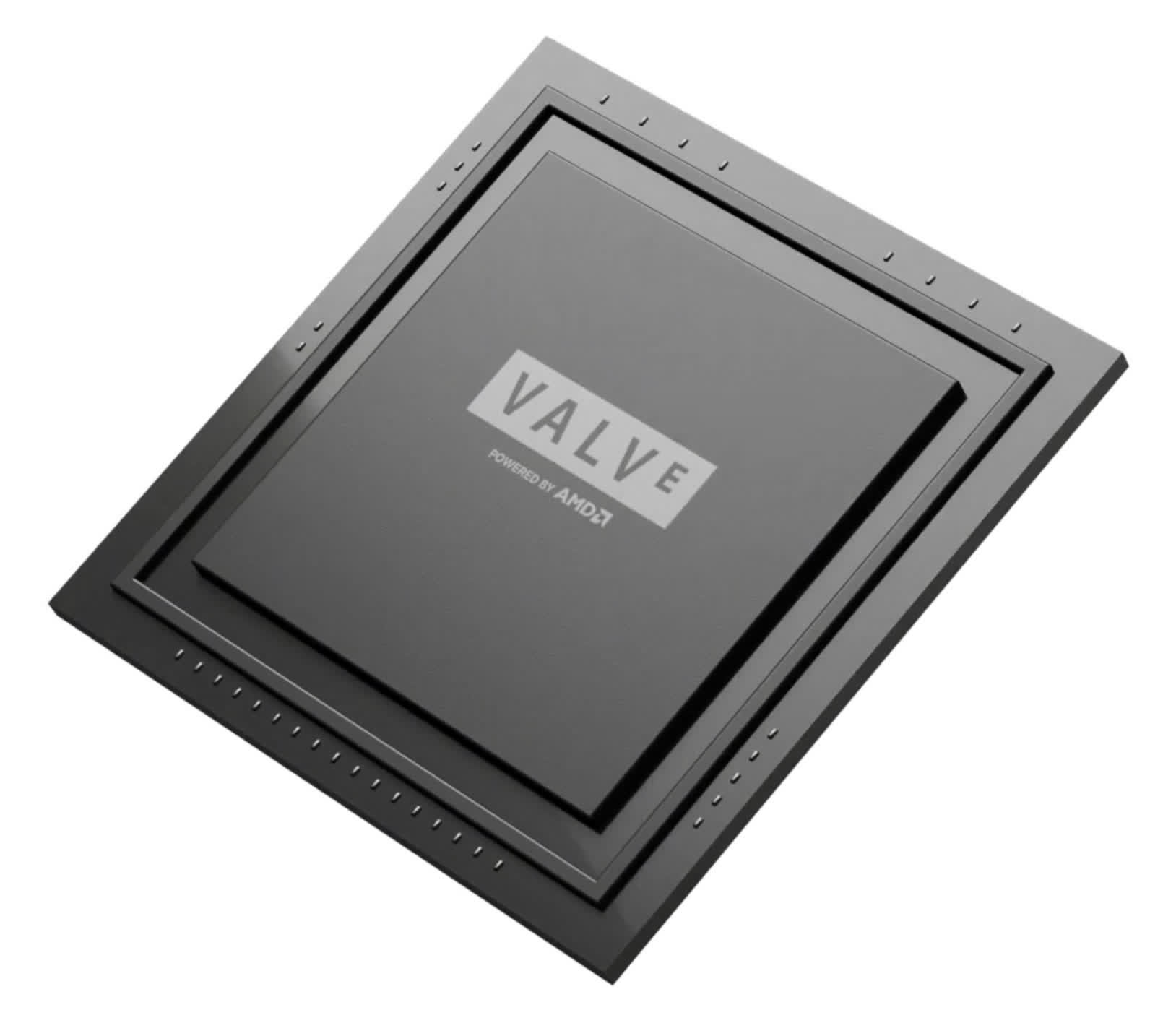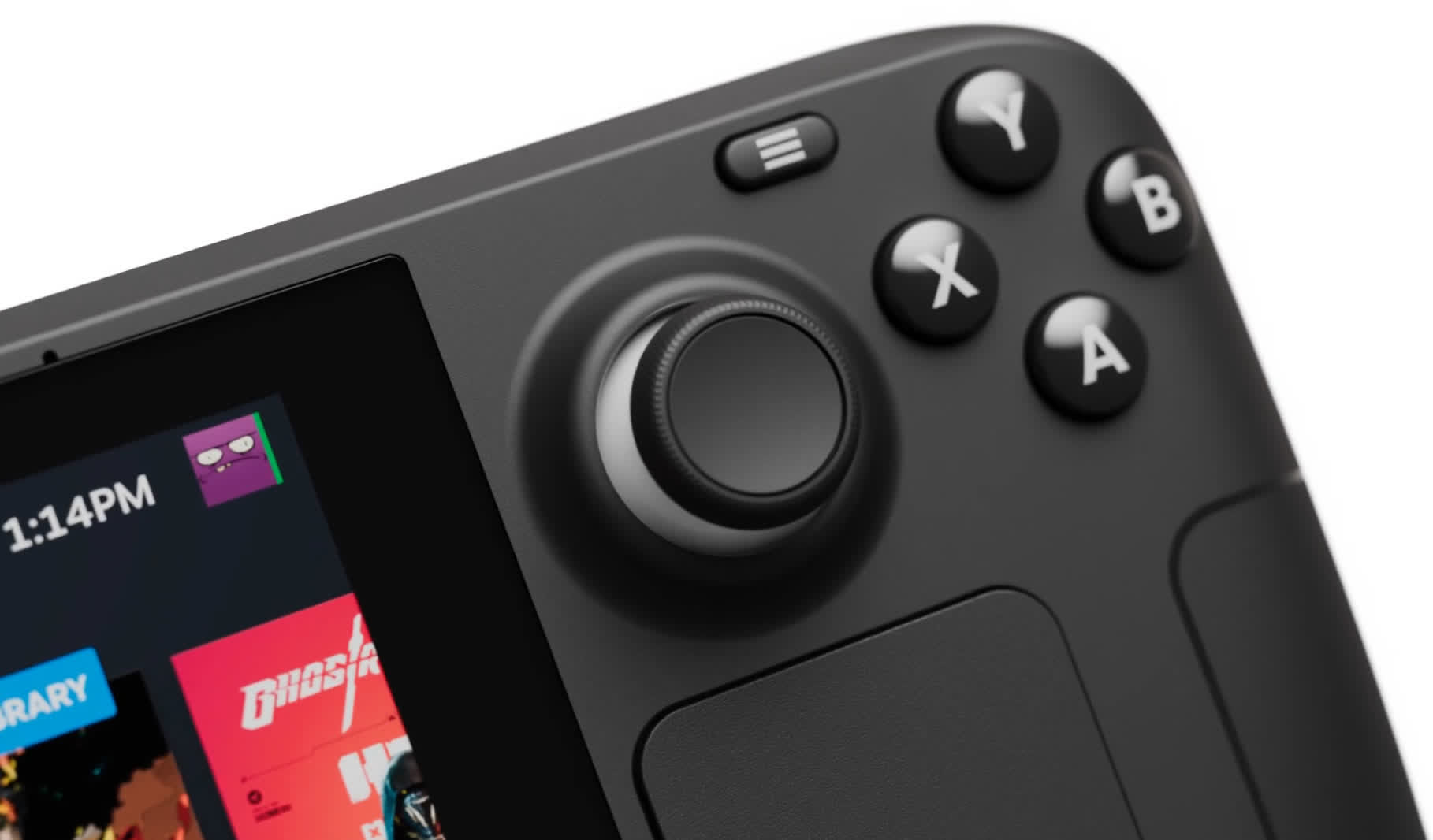In brief: AMD and Valve are working on an improved Linux CPU driver that improves the frequency scaling on Zen 2 processors. This should lend more credibility to Valve's claim that the Steam Deck can achieve at least 30 frames per second in all modern games.
When Valve announced the Steam Deck last month, it brought a lot of excitement among gamers who had been waiting for a way to play their favorite games from their Steam library wherever they want, without having to lug around a proper gaming laptop. Even Epic CEO Tim Sweeney thinks it's a great idea, but as always execution is what will ultimately determine whether or not it will become a success.
There's been a lot of speculation as to how well the console will perform, and the specs are quite impressive considering the size, at least on paper. Valve says the custom AMD APU paired with 16 GB of LPDDR5 memory is capable of at least 30 frames per second in pretty much any recent AAA game, but the company hasn't go into greater detail.
We can only assume the Steam Deck's RDNA 2 GPU is probably good enough to run games at low-medium settings on the 800p display (especially with the aid of AMD's FidelityFX Super Resolution in games that support it), but the performance targeted by Valve may also be the result of additional software optimization work.

According to a Phoronix report, Valve has partnered with AMD to develop a better Linux driver for the Zen 2 CPU in the new console that should solve CPU performance scaling issues, among other things.
The main reason for this development effort is that the current ACPI CPUFreq driver is "not very performance/power efficiency [efficient] for modern AMD platforms."
In other words, the new driver will allow the processor in the Steam Deck to quickly ramp up to a higher performance state when needed and achieve better performance per watt. This is important as the power budget for both the CPU and the GPU is relatively limited at 15W.
We'll know more about AMD's new Linux CPU driver in September, as the company is expected to share more details at the X.org Developer Conference (XDC).
